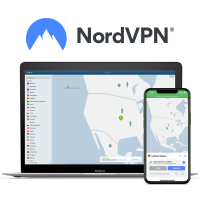How to remove Netflix Household
How to remove Netflix Household restrictions if they're incorrectly blocking your device(s)
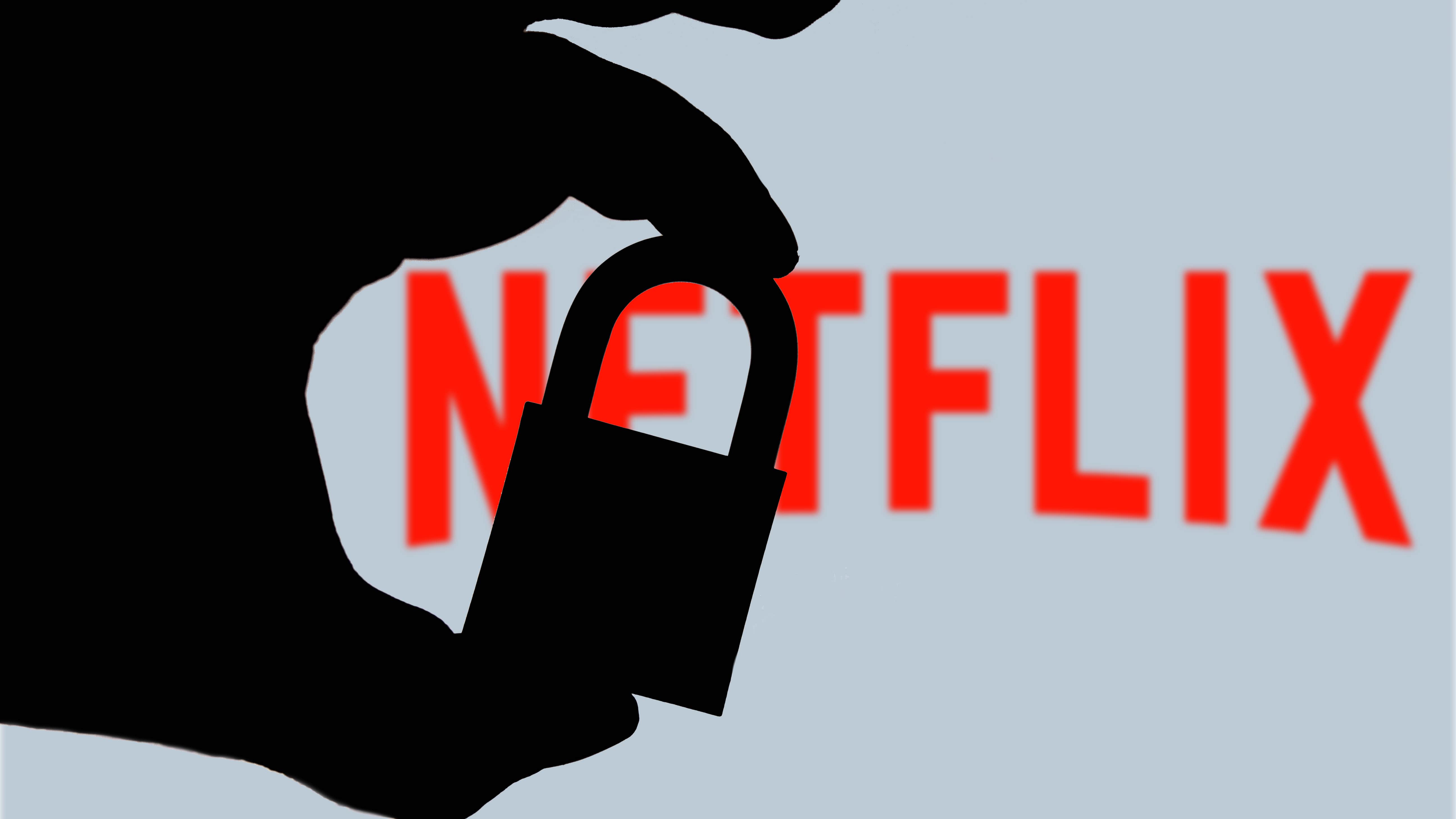
Netflix's account sharing is much more limited than it used to be: where Netflix previously said on its socials that "sharing is caring", these days it restricts password sharing to a single household per account. That means you can share your account with others under the same roof, but not with family members who don't live with you.
Here's how Netflix password sharing works now. The short version: you can add up to two people to your account for an extra $7.99 / £4.99 per person per month. That's a problem for some of us, and it may be why you're looking to find out how to remove Netflix Household. In my case, it's a problem because I'm a divorced parent. My kids spend half their week with me, during which time they can be part of my Netflix Household. But if they want to stream to their other parent's TV, they either need separate accounts or for me to spend considerably more money.
If I subscribed to the with-ads version of Netflix, I wouldn't be able to add my kids as extra members. You need a Standard or Premium account. And if I had three kids, one of them would be out of luck: you can only add two people to your household. The good news is that there are ways to stop Netflix Household from blocking family members. One is to stream on mobile devices, and the other is to pay attention to your Wi-Fi.
Tools and requirements for how to remove Netflix Household
- Some workarounds don't require additional software or tools
- One workaround needs an app such as NordVPN's Meshnet
Steps for how to remove Netflix Household
- Don't stream on TVs. Netflix Household currently only applies to smart TVs.
- Get your family members to download shows while on your home Wi-Fi.
- Use a service such as Meshnet to link your devices together virtually.
Step by step guide for how to remove Netflix Household
1. Don't stream on a smart TV
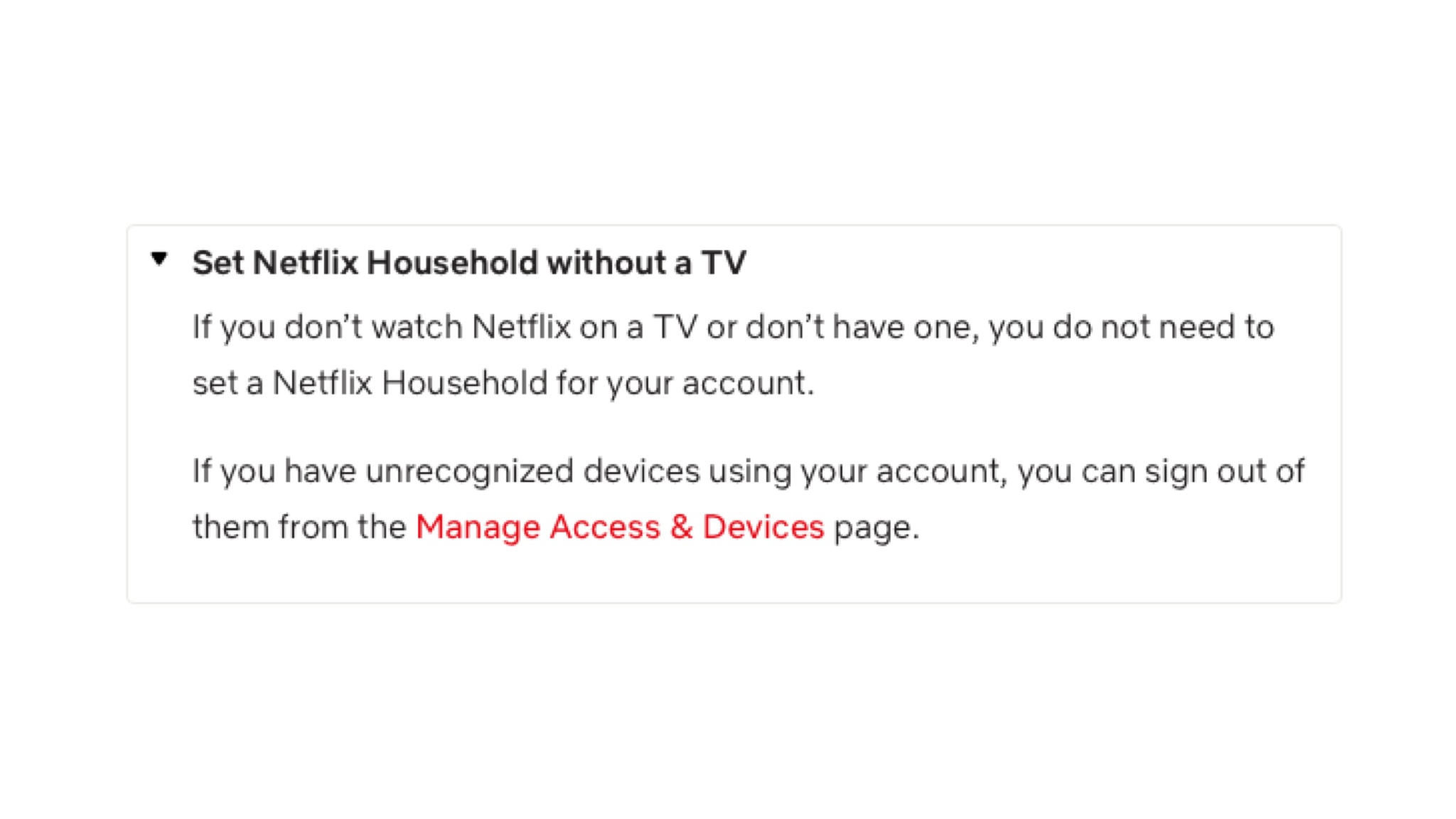
The image above is from Netflix's help section; as you can see, it says that "if you don't watch Netflix on a TV or don't have one, you do not need to set a Netflix Household for your account". But that's only half of the story, because the moment you do connect a smart TV to Netflix, it will automatically create a Netflix Household and start enforcing it.
If that happens, you might find that the Netflix app produces the message "Your device isn’t part of the Netflix Household for this account". You'll then need to temporarily verify your device. To do that, tap Watch Temporarily and then Send Email or Send Text. This will send you a code that you can use to get your streaming on that device for 14 days.
Netflix says that you can avoid getting this message by ensuring you connect your mobile device or laptop to your home Wi-Fi at least once per month.
2. Download at your home
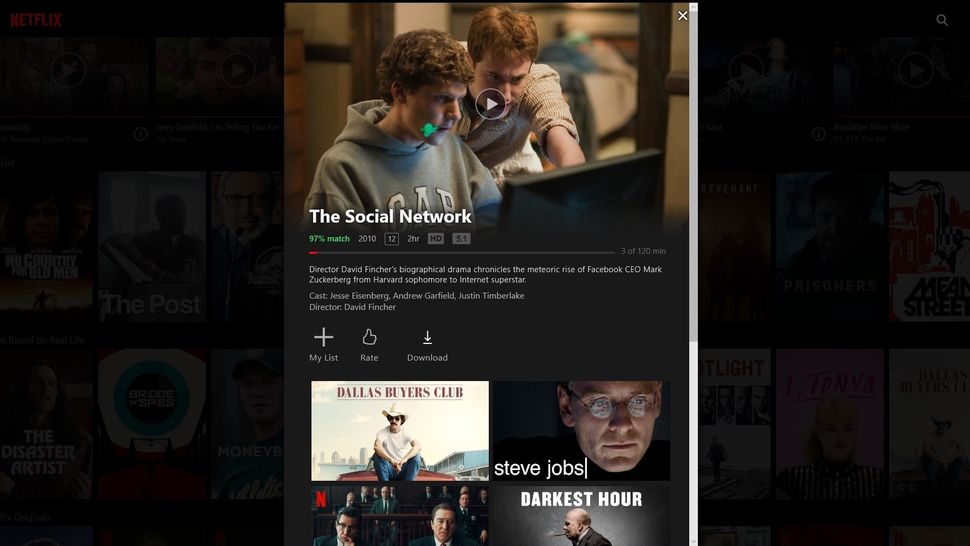
Netflix Household is based on multiple factors, but the most important one is your home Wi-Fi. And using a very similar method to the one in the previous step, you can avoid the Netflix Household restrictions by downloading shows or movies to devices over your home Wi-Fi network before going away again.
The number of downloads depends on your plan. Standard allows downloads to two supported devices at a time and Premium allows six devices. Both plans allow up to 100 total downloads at a time across all devices.
3. Mesh your devices together
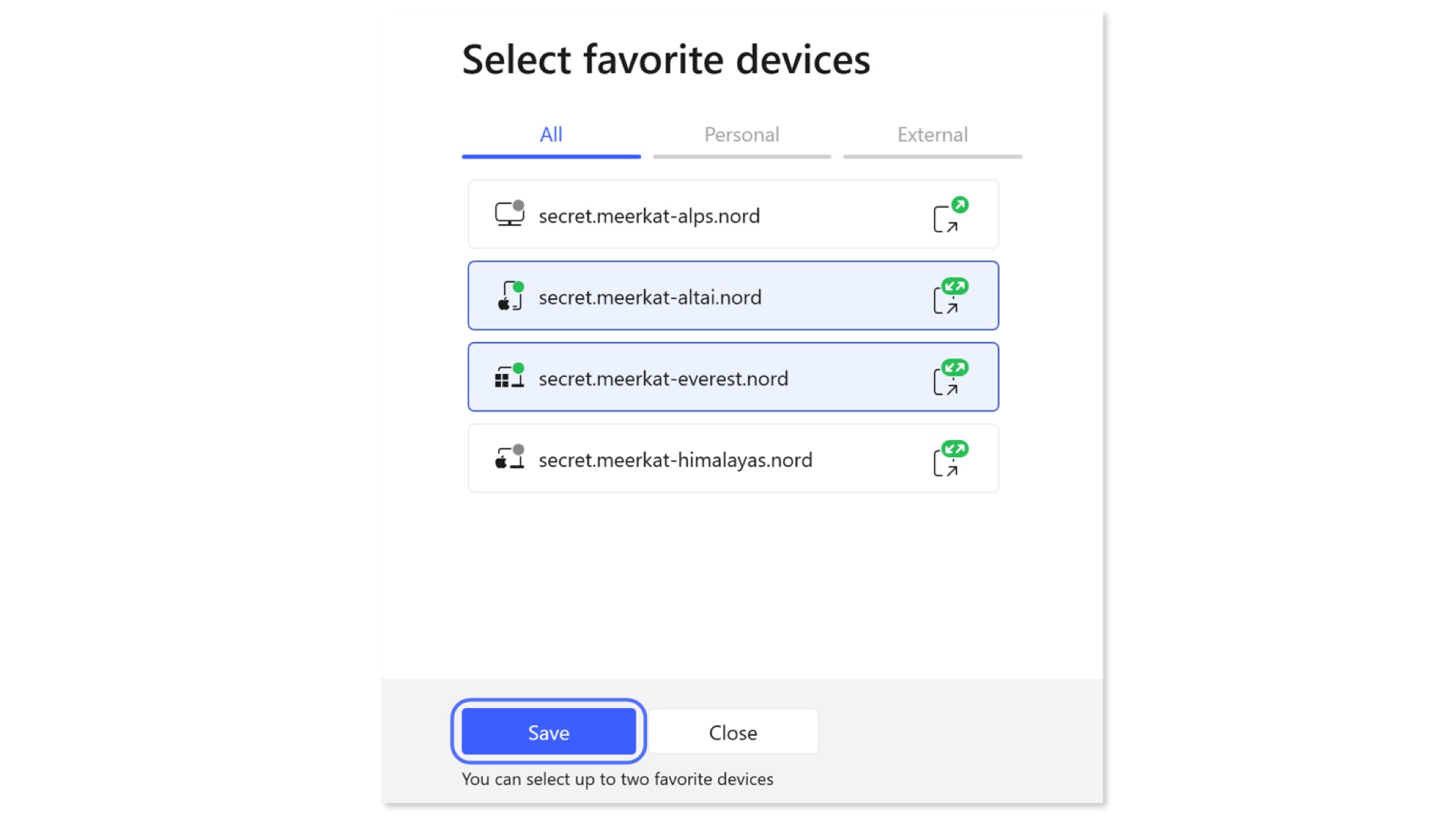
This one's a little more techy. You're probably familiar with VPNs, virtual private networks, which reroute your internet traffic to make it look like you're somewhere else – so for example it can make a UK connection look like a US one. Some VPN services go further and enable you to do that not just to one device, but to a group of them. That means they all appear to be coming from the same place – a household, you might call it.
That's what NordVPN's Meshnet does. NordVPN is our current pick of the best VPN services for most people, and Meshnet is free to subscribers. To use it you'll need everybody to be running NordVPN's app with Meshnet switched on.
Netflix doesn't like VPNs, and it has invested a lot of time, tech and money in blocking them. What that means in practice is that any VPN-based workaround may turn out to be temporary; while Meshnet is a VPN-based system rather than just a VPN, you can be sure that Netflix will block it if it can.
NordVPN – get the world's best VPN
We regularly review all the biggest and best VPN providers and NordVPN is our #1 choice. It unblocked every streaming service in testing and it's very straightforward to use. Speed, security and 24/7 support available if you need – it's got it all.
The best value plan is the two-year deal, which sets the price at $3.99 per month, and includes an extra 3 months absolutely FREE. There's also an all-important and there's a 30-day no-quibble refund if you decide it's not for you.
How to remove Netflix Household: FAQs
Is it illegal to remove Netflix Household?
That's a short question with a long answer. It's definitely against Netflix's terms of use, so the service is absolutely within its rights to ban you if it catches you doing it.
It could also be illegal under copyright law in some countries – when you stream without permission you're arguably making unauthorised copies of copyrighted material – and under criminal law on the grounds of fraud.
I'm writing this from the UK, where the Intellectual Property Office – the bit of government concerned with copyright law – told the BBC that “There are a range of provisions in criminal and civil law which may be applicable in the case of password sharing where the intent is to allow a user to access copyright-protected works without payment. These provisions may include a breach of contractual terms, fraud, or secondary copyright infringement, depending on the circumstance."
In the US, sharing passwords without authorization can be "theft of services", fraud or breach of contract, all of which are potentially actionable. There's also an argument that it might constitute "trespass" under the Computer Fraud and Abuse Act.
However, the likelihood of anybody being prosecuted for password sharing are vanishingly low: when it comes to dodgy downloads, it's the people pirating shows and movies that the streamers are more likely to target.
Final thoughts for how to remove Netflix Household
Limits on account sharing are here to stay: other streamers let Netflix go first to see if it would backfire, and when Netflix reported that the crackdown sent its subscriber numbers up rather than down they joyfully announced their own crackdowns. For example, Disney Plus began rolling out its own restrictions in June 2024. Hulu is following suit. It's not ideal, especially for families who don't live in the same place all the time, but don't expect streamers to reverse course on this one.
You might also like
- How to watch Netflix from other countries in 2024
- How to use Netflix secret codes to find specific categories
- How to unblock Netflix with a smart TV
Get daily insight, inspiration and deals in your inbox
Sign up for breaking news, reviews, opinion, top tech deals, and more.
Writer, broadcaster, musician and kitchen gadget obsessive Carrie Marshall has been writing about tech since 1998, contributing sage advice and odd opinions to all kinds of magazines and websites as well as writing more than a dozen books. Her memoir, Carrie Kills A Man, is on sale now and her next book, about pop music, is out in 2025. She is the singer in Glaswegian rock band Unquiet Mind.
